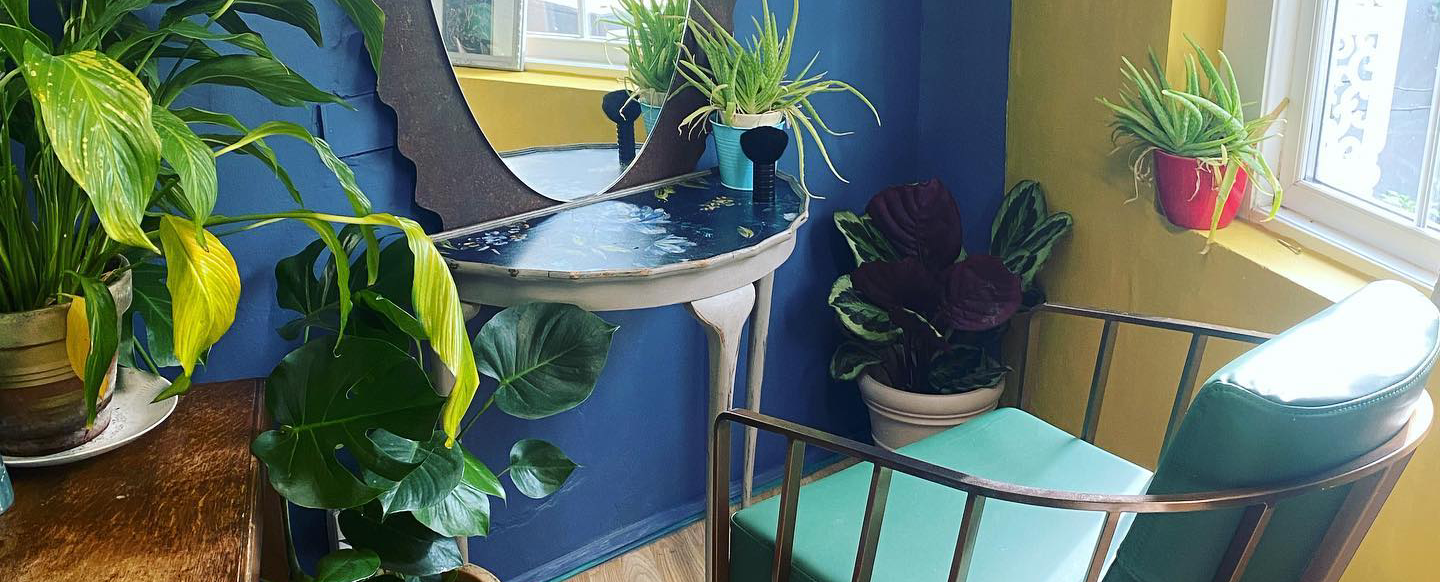Hello everyone!
I have been doing some more research about HARD water, my favourite topic, as many of you know. So thought I would write a post 🙂
Since a swimming session last summer I have been suffering with dry, itchy, flaky scalp for the first time in my life. I put it down to a sudden development of a sensitivity to chlorine, and that there is trace amounts of it in our tap water. So, back in April I started to wash my hair with spring water collected from the Mendips. The difference was instant, no itchiness or tingling, 95% less flake too! I had been doing something similar with my facial skincare routine for a while and noticed a huge difference then too...so wasn't super surprised by how amazing my hair felt from just one spring water wash.
I seem to be able to do the whole lot with less than 500ml, but use 1L sometimes and do more rinses to make sure no product is left in the hair. I use my squeeze bottles with a nozzle to make sure I can cover ALL of the scalp and get in everywhere. I heat around 1/3 of the water in a pan and then mix with the cold so it is nice and warm, and apply usually leaning over my bath or while in the bath. I don't let tap water touch my hair much anymore in shower (cap) and have totally gotten used to it...but if I do want to submerge my head in the bath I will make sure it is saturated with the other water first and/or some conditioner (cowwash friendly) rubbed into it too (creates a slight barrier). Then rinse it through again with the "nice" water. I my weird wash like this once or twice a week and actually don't find it a bother at all.
Lighter, bouncier, shinier, more moisturised and lasting longer between washes. You do use less product as it lathers and works more effectively in softer water. Calcium carbonate (limescale) deposits on your hair and scalp which sit and build up and wreak havoc over time. It is also alkaline and therefore drying to the skin. Our skin and hair are slightly acidic at 4.5-5.5 PH, hence why the diluted vinegar/lemon restores the hairs lustre and shine.
Now, my first concern is that people shall turn to bottled water. Please don't. Plastic. However, collecting rain water or the water from a dehumidifier and passing through a Brita filter is ideal. I do also think it is not a bad idea to buy a quantity of distilled water for your home generally though, which will mean some plastic. However, a 25L plastic container can have many reuses and be recycled.
Distilled water is good for making your own cosmetic products at home, adding to vinegars to make cleaning sprays, using in irons etc. You can also use it to make sprays for your hair in-between washing, to refresh curls and fringes etc.
Another option is to purchase a carbon showerhead filter, or if you own your own home look into more expensive whole house filtration systems. It is a rabbit hole though and slightly mind-boggling as there are many options and understanding water science without a degree in chemistry is a challenge!
As you can also see from articles below the impact on SKIN is remarkable, and some studies suggest that there are higher numbers of children with Eczema in hard water areas in the UK. Aforementioned about my face, homemade micellar waters have cleared my skin up a lot. I have learnt a significant amount the last few years, and still learning all the time, but it is great to be able to help other people too!
I had one client who had a severe clinical scalp condition, she came to me bleeding and crying...and I was SCARED to advise her anything that would aggravate it. In the end I advised spraying her scalp regularly with Spring water (gave her the address of the Spring I visit) 1 cup with 1 tbsp of apple cider vinegar...and washing with that water as well as a liquid henna mix. That is it, and she followed it religiously for a while, and continues to do so. She messaged me one week and several weeks afterwards to thank me, she said it has changed her life and the relief she gets now from washing was comparable to one or two medicated products she had been prescribed in the past. She also told me she had spent hundred and tried EVERYTHING on the market for problematic scalps, but this had surpassed any of them.
How amazing that some water from a spring, a ground up leaf, and a bit of fermented apple did the job eh 😉
So after some of todays research (see articles below) I have discovered that carbonated water might help too to rinse out shampoo and remove some limescale buildup. Also that sulphates don't combat sulphates, and chelating and micellar shampoos might be worth a try. Salt too in the right amount.
ALSO that diluting works well with soft water, but when adding hard water you will need to add a LOT less H2o, just a splash to loosen up any hair wash mix applied with a squeeze bottle so it comes out easier.
I appreciate that MOST articles these days are always adverts for something, but when speaking to my clients about this who come from Scientific backgrounds, they nearly always agree and say it makes sense. When in doubt about what we are bathing in, in the back of my mind is always the water engineer (a man I knew that works for a big firm here in Bristol) who had stacks and stacks of bottled water in his bedroom...
Oh and Michael Moores latest Fahrenheit documentary on Netflix. Water.
